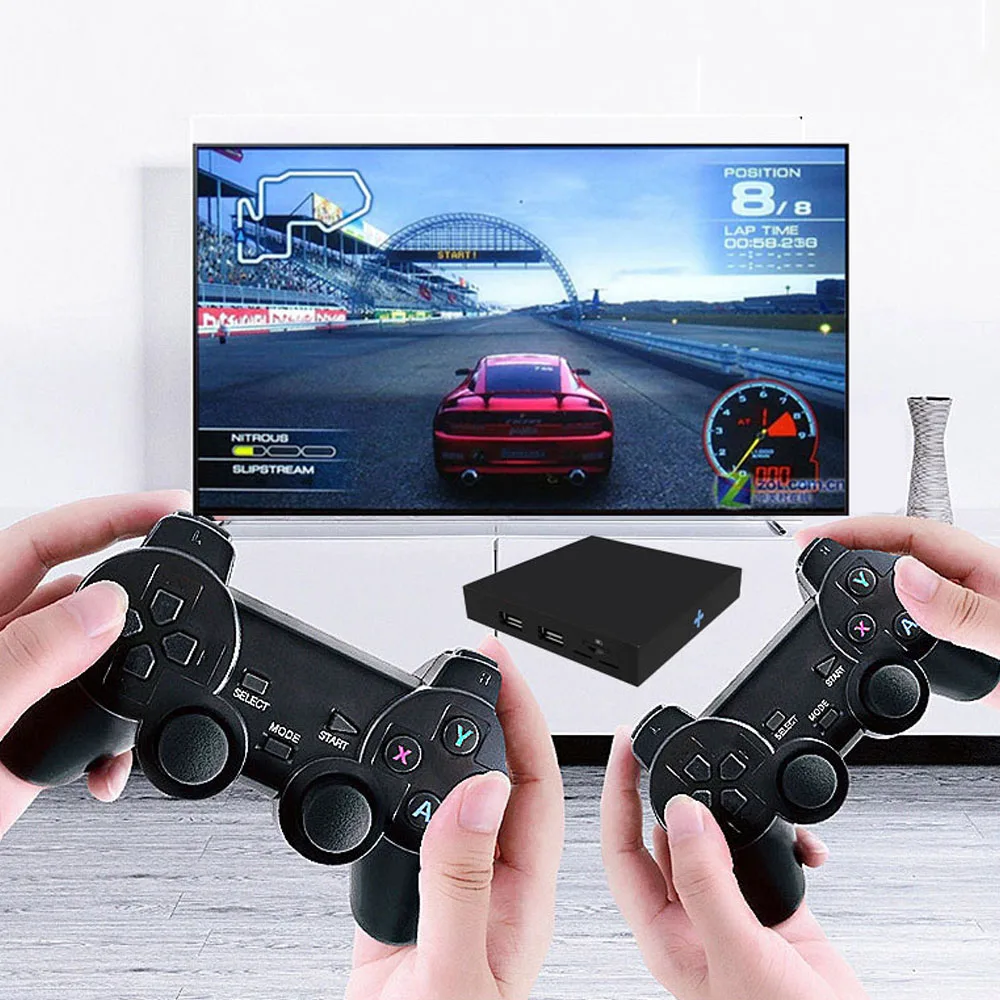Underappreciated Allegri
Football Italia
It will take the passing of time to fully analyse and appreciate the true measure of the Max Allegri era, to comprehend what he brought to the club during his five-year stint.
Let’s start with the statistics: five consecutive Scudetti, four consecutive Coppa Italias, four consecutive domestic doubles, two Champions League finals and two Italian Supercups. That’s 11 trophies in total, which puts him third in the pantheon of Juve managers, behind Giovanni Trapattoni and Marcello Lippi. If basing it on one spell, he would be second behind Trap.
Allegri’s achievements are all the more remarkable given where the club was when he walked in under a hailstorm of spit – literally - and criticism in July 2014. Antonio Conte had just walked out of the club after two days of pre-season training, and Allegri’s stock hadn’t exactly been high, having been sacked by Milan midway through the previous season.
Fans who initially couldn’t forgive his Milan past soon forgot about it quickly. Allegri made Conte’s now infamous “you can’t eat in a €100 restaurant with €10” remark utterly redundant within nine months, almost steering the same group of players who couldn’t score a single goal at home to Benfica to advance to the Europa League Final the previous year, to within 90 minutes of a Treble. Only the brilliance of Barcelona’s MSN stopped what would’ve been an historic season.
The Coppa Italia was won for the first time in 20 years in that first season, a fact seemingly forgotten in the slew of trophies that followed. Allegri would turn Juve, for so long a great league side and terrible at knockout tournaments, into a fantastic cup competitor. His reading of situations and games was, more often than not, spot on.
The brilliance of Allegri was that despite losing key players in his first two full summers, he would go about chopping and changing systems until finding the right formula going into the business end of the season.
A perfect example of this was in 2016-17, when he implemented the ‘cinque stelle’ system of shoehorning all of Juve’s most technically gifted players into a 4-2-3-1 system as a means of masking the departure of Paul Pogba. Despite the 4-1 battering at the hands of Real Madrid in the Champions League Final, that incarnation of Allegri’s side was arguably the most aesthetically pleasing.
This season proved to be Allegri’s least successful on the pitch and most problematic off it. A top-heavy squad lacked the balance of previous iterations and the signing of Cristiano Ronaldo affected a number of players, most notably Paulo Dybala, who looked uncomfortable in every system Allegri employed. Defeats to Manchester United and Young Boys, whilst brushed off at the time, underlined the vulnerability of the once almost-unbreachable defence.
Towards the end of the season, Allegri appeared increasingly irritable, getting into squabbling matches with Sky Italia pundit Daniele Adani about the style of Juve’s play, live on television. Many, like Adani, felt that for the attacking talent that Allegri had, the style of football was lamentable.
The tepid nature of the Champions League defeats to Atletico Madrid and Ajax are reported to have sealed Allegri’s fate in the eyes of Pavel Nedved and Fabio Paratici, with further reports claiming that only Andrea Agnelli wanted to continue with the Tuscan. So far have standards at the club risen that an eighth consecutive Scudetto and a place in the final eight of the Champions League feels like an abject failure.
So, what is Allegri’s legacy? It can be measured on who currently wears the No 7. In July 2014, it was Simone Pepe. We all know who its occupier is now. Allegri inherited a squad that had been left terrified at the thought of European football, scarred from the Conte years. As Allegri has since said, when he arrived, Juve were afraid of facing Malmo in the Champions League, their faces would go as white as the ball they kicked.
Allegri instilled a belief in the very same players Conte repeatedly belittled. Deep forays in the Champions League under Allegri eventually gave Juventus the capital needed to buy a Cristiano Ronaldo. One of the reasons Conte walked out was due to the fact the club couldn’t afford to pay Fiorentina’s €30m asking price for Juan Cuadrado. Just four years later, they bought Ronaldo for nearly four times that amount. That transition from Pepe to Ronaldo is ultimately down to Allegri.
He leaves the club in an immeasurably better place than when he signed half a decade ago, restoring the club’s reputation in Europe and putting them amongst the frontrunners to win the competition.
In time, the fans that became fatigued with Allegri’s continual pragmatism and strongly wanted his departure will recognise just how good a Coach the Livorno-native is.
 Buy on AliExpress.com
Buy on AliExpress.com
 Buy on AliExpress.com
Buy on AliExpress.com